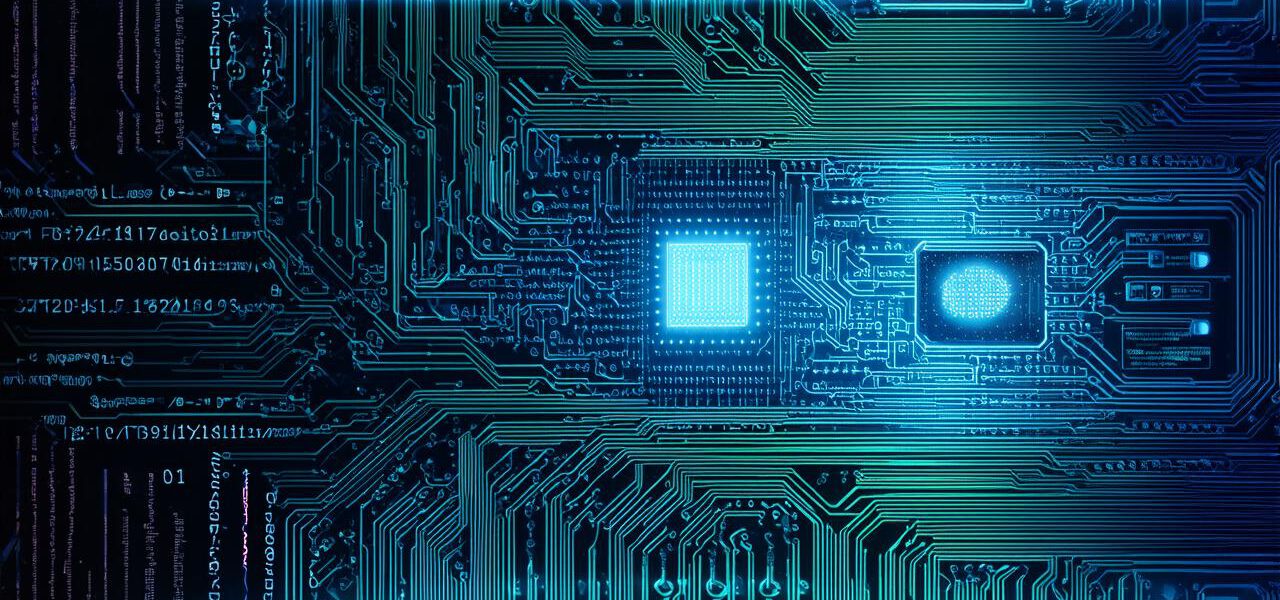
Best blockchain development training for beginners
Introduction
Blockchain technology is revolutionizing the way we store and transfer data. With its decentralized, secure, and transparent nature, it has applications in various industries, including finance, healthcare, supply chain management, and more.
Table of Contents
- 1. What is Blockchain Development?
- 2. The Importance of Learning Blockchain Development
- 3. The Best Online Resources for Learning Blockchain Development
- 4. Hands-on Projects for Practicing Blockchain Development
- 5. Case Studies and Personal Experiences
- 6. Future of Blockchain Development
- 7. FAQs
1. What is Blockchain Development?
Blockchain development refers to the process of creating and maintaining blockchain-based applications. These applications can range from simple smart contracts to complex decentralized applications (dApps) that run on a blockchain network. To become a blockchain developer, you need to have a strong foundation in computer science, programming languages, and cryptography.
2. The Importance of Learning Blockchain Development
Learning blockchain development is crucial for several reasons. Firstly, it can lead to high-paying jobs in the rapidly growing blockchain industry. Secondly, it enables you to create innovative solutions that can revolutionize various industries. Thirdly, it provides a unique opportunity to work on cutting-edge technology and contribute to the development of decentralized applications.
3. The Best Online Resources for Learning Blockchain Development
There are numerous online resources available for learning blockchain development. Some of the best options include:
- Udemy – This platform offers various courses on blockchain development, including “Ethereum and Solidity” and “Blockchain Developer Bootcamp.”
- Coursera – Coursera offers a course called “
Introduction
to Cryptocurrencies and Blockchains” by the University of Pennsylvania.
- edX – edX offers a course on “Intro to Cryptography” by the Massachusetts Institute of Technology (MIT).
- Codecademy – Codecademy offers a course on “Ethereum Development” that teaches you how to build decentralized applications on the Ethereum blockchain.
- YouTube – There are numerous YouTube channels that offer tutorials and lectures on blockchain development, including “Crypto Zombie,” “The Cryptocurrency Educator,” and “BlockGeeks.”
4. Hands-on Projects for Practicing Blockchain Development
Practice makes perfect when it comes to learning blockchain development. Here are some hands-on projects that you can work on to gain practical experience:
- Decentralized Applications (dApps) – You can build a simple dApp using the Ethereum blockchain and smart contracts.
- Cryptocurrency wallet – You can create your own cryptocurrency wallet that allows users to send and receive digital currencies.
- Blockchain-based game – You can develop a blockchain-based game that uses smart contracts to manage in-game assets.
5. Case Studies and Personal Experiences
Here are some real-life examples of how blockchain development has transformed various industries:
- Financial services – Blockchain technology has enabled banks and other financial institutions to process payments more efficiently and securely. For example, Ripple is a blockchain-based payment protocol that allows for faster cross-border payments.
- Healthcare – Blockchain technology has the potential to revolutionize healthcare by improving data security, interoperability, and patient privacy. For example, MediLedger is a blockchain-based platform that enables secure sharing of medical records between healthcare providers.
- Supply chain management – Blockchain technology can provide transparency and traceability in supply chains, helping to reduce fraud and improve efficiency. For example, Walmart uses a blockchain-based system to track the origin and movement of food products.
6. Future of Blockchain Development
The future of blockchain development is exciting and full of possibilities. As more industries adopt blockchain technology, we can expect to see even more innovative solutions and applications. Some trends to look out for include:
- Decentralized finance (DeFi) – DeFi refers to the use of blockchain technology to create financial applications that are decentralized and accessible to everyone.
- Non-fungible tokens (NFTs) – NFTs are unique digital assets that can be used in various industries, including art, gaming, and collectibles.
- Blockchain-based identity management – Blockchain technology can provide secure and efficient identity management solutions, enabling individuals to control their own data and reduce the risk of identity theft.
7. FAQs
What programming language is used for blockchain development?
Solidity is the most commonly used programming language for Ethereum-based blockchain development, while other platforms may use different languages such as Vyper or Java.
Do I need a degree to become a blockchain developer?
While a degree in computer science or a related field can be helpful, it is not necessary to become a blockchain developer. Many online resources and bootcamps offer training for beginners with little to no prior experience.
How long does it take to learn blockchain development?
The time it takes to learn blockchain development depends on the individual’s background knowledge and the amount of time they dedicate to learning. It can take anywhere from a few weeks to several months to become proficient in blockchain development.
Summary
In conclusion, becoming a blockchain developer requires a strong foundation in computer science, programming languages, and cryptography. There are numerous online resources available for learning blockchain development, including courses, tutorials, and bootcamps. Hands-on projects are crucial for gaining practical experience and developing your skills. Case studies and personal experiences demonstrate the potential of blockchain technology to transform various industries. The future of blockchain development is exciting, with trends such as decentralized finance and non-fungible tokens promising even more innovative solutions and applications. With dedication and hard work, you can become a successful blockchain developer and contribute to the development of decentralized applications.



